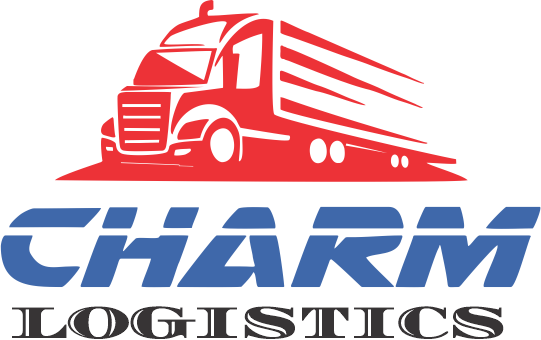Introduction: We unravel the intricacies of logistics coordination and its pivotal role in driving efficiency, reliability.
- Understanding Logistics Coordinator services:
- Define the role of a logistics coordinator services and elucidate their responsibilities. In orchestrating the movement of goods from point of origin to final destination.
- Highlight the importance of effective communication, meticulous planning, and attention to detail in optimizing logistics operations.
- End-to-End Supply Chain Management:
- Discuss strategies for seamless integration of disparate processes and stakeholders to ensure timely delivery and customer satisfaction.
- Logistics Technology and Tools:
- Showcase the cutting-edge technologies and software solutions utilized by logistics coordinators to streamline operations and enhance visibility.
- Highlight the benefits of automation, real-time tracking, and data analytics in optimizing route planning, inventory forecasting, and resource allocation.
- Vendor and Carrier Management:
- Explore how logistics coordinators oversee every stage of the supply chain, from procurement and inventory management to transportation and distribution.
- Examine the critical role of logistics coordinators in building and maintaining relationships with suppliers, carriers, and third-party logistics providers.
- Discuss strategies for negotiating contracts, optimizing freight rates, and resolving issues to minimize disruptions and maximize cost-efficiency.
- Risk Mitigation and Contingency Planning:
- Address the challenges of navigating unforeseen obstacles such as inclement weather, supply chain disruptions, and geopolitical unrest.
- Explore proactive measures employed by logistics coordinators to identify risks, develop contingency plans, and mitigate potential disruptions to ensure business continuity.
- Regulatory Compliance and Sustainability:
- Discuss the importance of adhering to regulatory requirements and industry standards governing transportation, customs clearance, and environmental sustainability.
- Highlight initiatives undertaken by logistics coordinators to reduce carbon footprint, minimize waste, and promote responsible supply chain practices.
- Continuous Improvement and Performance Metrics:
- Emphasize the iterative nature of logistics coordination, wherein ongoing analysis and optimization drive continuous improvement.
- Introduce key performance indicators (KPIs) used to measure the effectiveness of logistics operations, such as on-time delivery rates, inventory turnover, and cost per mile.
- Tailored Solutions for Diverse Industries:
- Illustrate how logistics coordinator services are customized to meet the unique needs and challenges of various industries, including retail, manufacturing, healthcare, and e-commerce.
- Showcase case studies and success stories demonstrating the impact of strategic logistics coordination on business growth and competitiveness.
